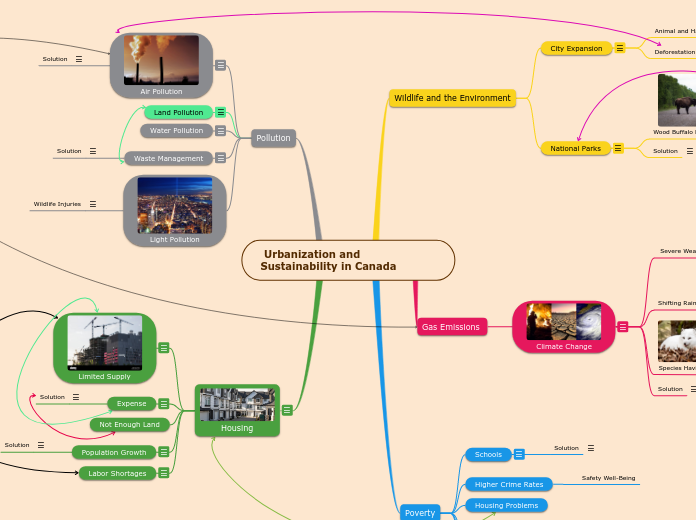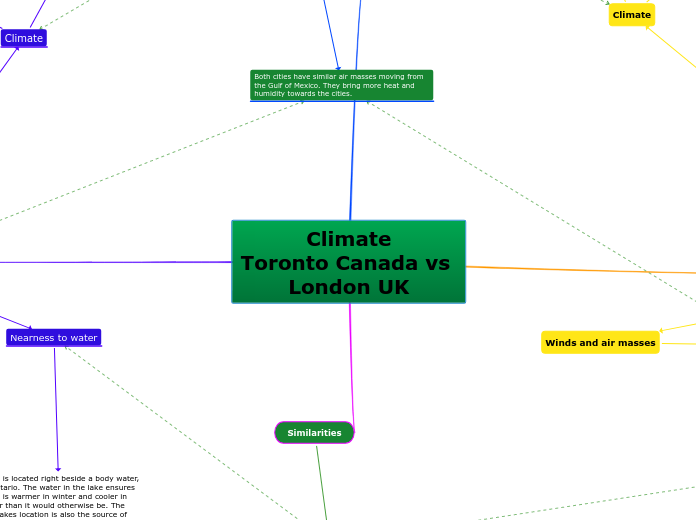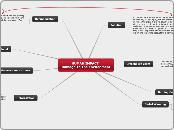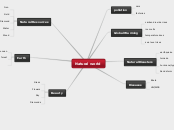Urbanization and Sustainability in Canada
Housing
- Housing inadequacy is caused by many related factors e.g., population growth, rural-urban migration, weak governance
- Housing in Canada is overpriced by 23% on average
Labor Shortages
- Shortages of resources and land has lead to labor shortages
- This has lead to unfinished construction projects and contributes to expensive housing
Population Growth
- Rising prices and population growth are the main cause of housing
- Government can provide subsidies for housing in areas where there is more demand
Not Enough Land
Expense
- With Canada's limited supply housing, more people are trying to buy houses
- Due to the less amount of housing available, buyers and sellers are buying at a high price
- Government is investing billions of money to build housing units
- Increasing supply for the houses is a hope to decrease the price of houses
Limited Supply
The problem with housing in Canada is the limited supply. Canada lack of construction has led to a shortage of housing. Despite the high demand for more housing, developers are not building enough new homes to meet the need. This is partly because of high construction costs but also due to a lack of available land in urban areas and restrictive zoning regulations. This has caused the increase of housing prices and a lack of affordable options for many people.
Pollution
Light Pollution
Wildlife Injuries
In Canada, it is estimated that a total of 25 million birds collide with windows each year resulting in serious injury or death. This is due to the fact that light pollution can mess up the navigation system for birds. Excess light coming from industrialization and human activity is a form of pollution as well. The negative effects of light pollution impact many fields of study including economic, ecology and, astronomy.
Waste Management
in Canada, municipal government takes care of waste collection, disposal and health of our planet and community. Canada throws away over 3 million tons of plastic every year. Only a few percent of plastic is recycled while the rest is gong to the landfills. This causes air emission, land and water pollution and can effect many eco systems and species.
One of the solution to waste management is to educate people to reduce waste and teach them about 3R's Reduce, Reuse and Recycle. Recycling not only helps to get rid of waste but also effectively converts it to something that is used as raw material for some industries. People should also be educated more about the green bin to compost organic waste. Composting is one of the oldest and efficient eco friendly technique with no negative effect on environment.
Water Pollution
Water Pollution in Canada is one of the worst issues in the country. This type of pollution occurs the most in Canada's southern parts where industrial and agricultural activities take place. Although our country's production areas are effected by this problem, Canada's Indigenous communities are effected the most by this issue. Canada's Indigenous communities have to boil their water to make sure they don't get sick and have had to move out of their communities to find places and cities with better water quality.
Land Pollution
Land pollution in Canada is due to industrial and urban waste dumping, poor agricultural practices that reduce and destroy the ability of land sustainability. All these things expose the bare topsoil to wind and water erosion.
Air Pollution
In Canada, it is said that air pollution is linked to an estimation of 15,300 premature deaths each year. As Canada's population increases, the demand for the production, delivery, goods and services and transportation increases as well. The main pinpoint of air pollution in Canada is our manufacturing and production emissions from factories and gas emissions from transportation devices.
There are many ways to curb air pollution. Simple things such as driving your car less, carpooling, walking to places that are nearby and using less energy are very efficient ways to curb air pollution. Planting more trees will help bring the carbon levels to a minimum and reduces the risk of a stroke, heart diseases, etc.
Poverty
- Funded programs implemented to help people fulfill basic needs like food, shelter and education
- More land expansion will help the over crowded areas to have more space for schools and good infrastructure
Employment Opportunities
Access to Basic Human Needs
Healthcare
Housing Problems
Higher Crime Rates
Safety Well-Being
Schools
- Due to variety of problems of housing, food insecurity and high level of residential mobility
- Not much funds to have schools available for low income class
- Efforts to improve urban education are focused on interventions at the students
- Education is life long learning for everyday city life
- With education, urban communities can create sustainable and harmonious societies
Gas Emissions
Climate Change
kidda
- Planting trees in the right place or giving land back to nature is a good way to start
- Reduce how much people consume
- Improve farming practices and reduce meat and dairy consumption
- Switch to sustainable transport
- Invest in technologies like solar, wind, geothermal power etc.
Species Having to Adapt
- Many wildlife species will have difficulty adapting to the changed weather and warmer climates
- The wildlife will likely be subject to greater stress from disease and invasive species
- Government is working on National Parks, this creates spaces reserved for animals to live in
- These spaces can help thrive the species so that they do not become endangered or extinct
Shifting Rainfall Patterns
With the increase of climate change, rainfall precipitation will become more common for rain to fall on snow and new storm patterns which can cause frequent and intense droughts. These intense droughts can overwhelm infrastructure and can disrupt transportation networks, supply chains and contributes to water contamination.
Severe Weather Events
Increased Percipitation
- Precipitation levels will increase its range from 8% to over 70%!
- With this sudden increase in precipitation, rainfall will increase across most of the country except for parts in Southern Canada
- Places in Southern Canada have indications of an expected decrease in summer and fall precipitation
- Places with higher precipitation levels will be at higher risk of flooding
Heat Waves
- Heat waves will become more frequent
- Will become more intense and severe
- Results in high risks of forest fires
Wildlife and the Environment
National Parks
National parks have been a solution created by the government of Canada that reserves places in nature
Solution
National park projects are being created for animals that don't have a stable or that don't have any habitat can live in this well government protected piece of land reserved specifically for the animal.
Wood Buffalo National Park
National Park is a perfect example of Canada's solution about animal and habitat loss. Canada has acknowledged the problem and decided to open up many different National Parks across Canada. The Wood Buffalo National Park was established to protect the Wood Bison, a threatened species. The Wood Bison is originally from Alaska and some northern regions from Canada but due to agricultural practices, its habitats have been reduced causing the species to be classified as threatened. The Wood Bison has now been re-located to the north-eastern region of Alberta are protected under the Wood Buffalo National Park
City Expansion
Canada's population is constantly growing. This means that there needs to be more space for cities.
Deforestation
City Expansion has led to 57 million acres of trees being cut down since 1990. Trees are very essential to our carbon levels and when they get cut down, carbon gets released from the trees, adding onto the carbon levels.
Solutions
There are many different ways to end deforestation. Although cities will expand into the forest territory, the simplest tasks such as planting a tree, using less paper, not buying products containing palm oil and recycling paper and cardboard make a big difference in curbing the issue.
Animal and Habitat Loss
As a city expands, it will need more land. This becomes an issue because cities are starting to expand into the protected greenbelt. City expansion has led to many different habitats being destroyed and has left the decline of many animal species. This has led to national park projects being made for animals due to the fact that they have no where else to go and can remain in this well protected piece of land reserved.









